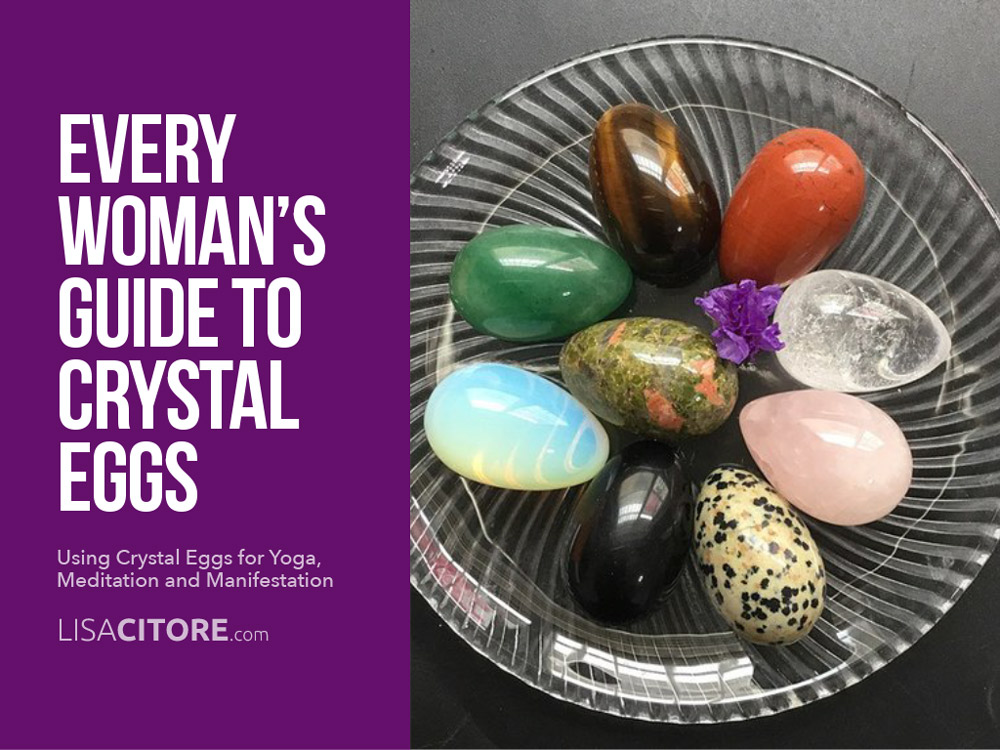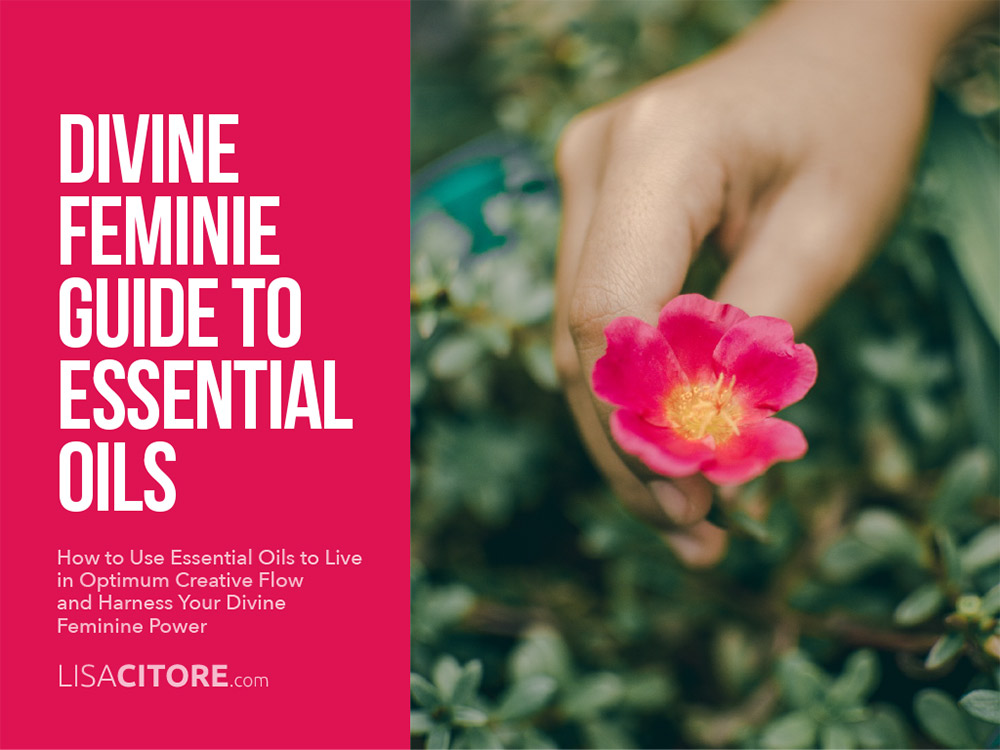One of my most beloved spiritual teachers, Pema Chodron, talks about a Tibetan word called “shenpa,” which is the condition of being stuck, of being completely taken over and “hooked” by something. You’re so emotionally hooked, you can experience physical pain. Shenpa is involuntary and often leads to habitual behaviors that reinforce feelings of powerlessness.
Shenpa is the condition of being stuck, of being
completely taken over and “hooked” by something.
Addiction is an example of shenpa. Depression is another. Anytime you can’t stop obsessing about something or someone, you’re in shenpa. When you’re the subject of criticism or rejection or your own self judgment, and the words and feelings stick, you’re stuck in shenpa. The circumstances can be different, but the condition of being hooked is always the same.
The literal translation of shenpa is attachment. Because we live in a world that’s always changing, we’re constantly looking for things to attach to, even negative things. This is because what’s familiar to us brings us comfort or at least a sense of control.
Often, we’re unconscious of what’s familiar to us, because these imprints come from early childhood or in the womb, from our parents, or even from past lives, which we hold in our transpersonal self.
The “negative” experiences you have in the present are almost always rooted in experiences, thoughts, feelings and beliefs from your past.
You attract your circumstances to know and heal yourself. Even in moments of self hatred, this is how much you love yourself.
But when you’re depressed or in pain, you lose sight of who you are. Instead of remembering your creative power, you identity with the state of being stuck, paralyzed, powerless.

Thankfully, there’s another Tibetan word called “shenlok,” which means renunciation.
In shenlok, you turn shenpa upside down. You shake it up so you can loosen up the mental, emotional, and physical constriction, clinging that craving that make up shenpa. You give everything more space so you can see your current state differently, for what it is, and shift your identity from it.
Shenlok is the practice of shaking up your negative state so you can see it differently.
I like to take a playful approach to renunciation. In play, there isn’t any right or wrong. Upside down, things become disoriented. Points of view lose control. And control is definitely a quality of shenpa.

5 steps to transform negativity through play
Traditional shenlok is the practice of sitting with and observing shenpa through meditation.
In my shadow work with women, I use a more Shakti, feminine approach, where we physically play with shenpa, which includes breathing into, moving and sounding the emotional energy of the hook to free ourselves from it.
Step 1: Recognize the particular emotional flavor of your current or reoccurring hook.
I prefer to use primal emotions, like fear, anger, shame, jealousy, lust, helplessness, and sadness.
As best as you can, connect whatever you’re feeling with a primal emotion. If you’re feeling an undercurrent of anxiety, for example, the primal emotion would be fear. Irritation or frustration would be anger.
Step 2: Breathe into the emotion, welcoming it and giving it space to express through you.
Lay on your back, with your knees up and feet flat on the floor and breathe all the way down into your pelvis, opening your feeling body and the deeper layers of your awareness.
Inhale through your nose and exhale through your mouth.
As you inhale, receive the emotion into your body. As you exhale, offer yourself completely to its expression.
This may sound counterintuitive to breathe in anger or fear, but when you know that all emotion is energy and all energy holds positivity and negativity, you become less afraid of “negative” emotions and can take your power back from them.
This process strengthens your emotional capacity and allows you to engage consciously with unconscious, habitual, hooked parts of you.
Your deep breath is very important. Your deep breath helps you to hold onto your witness self as the emotional energy builds in you.
During step 2, you’re not emoting. You’re just breathing and containing the energy. Do this practice for about ten minutes or until the emotional charge is strong in you.

Step 3: Express the emotion through sound and movement.
This requires heightened body awareness – feeling for inner sensations and impulses and exaggerating them into expression.
If for example, you feel a subtle twitch in your face, you might repeatedly contort your face muscles to express the twitch. If you felt tightness in your shoulders, you might raise your shoulders up to your ears and hold them tight for as long as you can. If you felt an ache in your heart, you might breathe into the ache and sound “Ow.”
As you sound and move the emotional energy, be conscious of each experience. Feel what it’s like to hold your shoulders tight. Feel what it’s like to sound “Ow” from your heart.
Step 4: Turn the raw, emotional energy into an archetypal expression – personifying it into some sort of otherworldly, strange, grotesquely beautiful creature from your subconscious.
Use your imagination in conjunction with your emotions and bodily sensations to move, sound and embody an unknown part of you, adding props and physical features.
For example, you might envision armor around your tight shoulders. You might envision blowing fire from your mouth. You might envision a tail extending from your spine. Be creative!
When you feel complete, which means that thing that was hooking you isn’t there anymore, sit quietly for a few minutes and notice the quality of your inner being. Later, you can journal or draw your experience.
For more ways to play with your shadow, check out my new online course, Awaken Your Feminine Fire, and get on the waiting list to be notified when enrollment opens.


